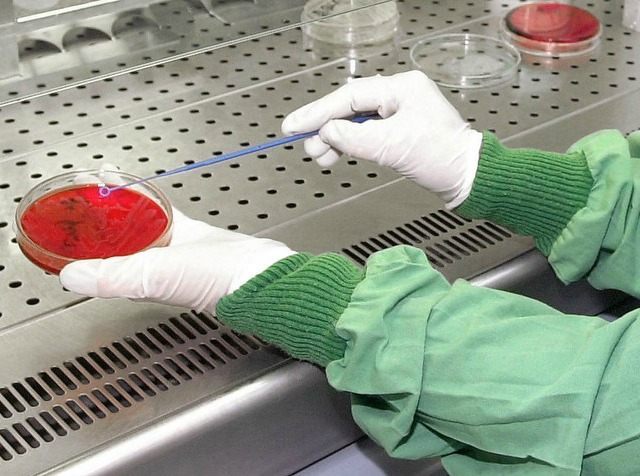The National Institutes of Health (NIH) has lifted a ban against the use of federal funds for experimentation with human stem cells to create animal embryos.
Since NIH announced a moratorium on such federally funded research in September, associate director for science policy Carrie D. Wolinetz, Ph.D. says more scientists are interested in growing human tissue and organs in animals.
“Formation of these types of human-animal organism, referred to as ‘chimeras,’ holds tremendous potential for disease modeling, drug testing, and perhaps eventual organ transplant,” she writes in a blog post at NIH. “However, uncertainty about the effects of human cells on off-target organs and tissues in the chimeric animals, particularly in the nervous system, raises ethical and animal welfare concerns.”
Wolinetz says the moratorium was lifted after NIH reviewed this particular science with chimera and animal welfare experts. NIH is now seeking public comment to make changes to its policy in chimera research.
“I am confident that these proposed changes will enable the NIH research community to move this promising area of science forward in a responsible manner,” she adds.
As International Business Times (IBT) reports, the development of half-human, half-animal embryos can be helpful in the study of illnesses, drug tests, organ transplants, and preventive medicine. Nevertheless, some scientists are expressing concerns about the potential for “accidental mishaps”:
For example, scientists could unintentionally create animals with human consciousness or inadvertently cause a human embryo to grow inside other species. And then there are questions about the principles behind creating an inter-species embryo. In its initial ban, the NIH cited animal welfare and ethical concerns.
“You’re getting into unsettling ground that I think is damaging to our sense of humanity,” said Stuart Newman, a professor of cell biology and anatomy at the New York Medical College, to NPR.
In an article about the science, NPR describes a scientist injecting chimera embryos into a pig’s uterus. The researcher waits to see the organs that develop, and whether human stem cells have begun to form a pancreas or other types of tissues.
“If you have pigs with partly human brains you would have animals that might actually have consciousness like a human,” Newman warns. “It might have human-type needs. We don’t really know.”
“At the end of the day, we want to make sure this research progresses because it’s very important to our understanding of disease,” Wolinetz told NPR. “It’s important to our mission to improve human health. But we also want to make sure there’s an extra set of eyes on these projects because they do have this ethical set of concerns associated with them.”

COMMENTS
Please let us know if you're having issues with commenting.